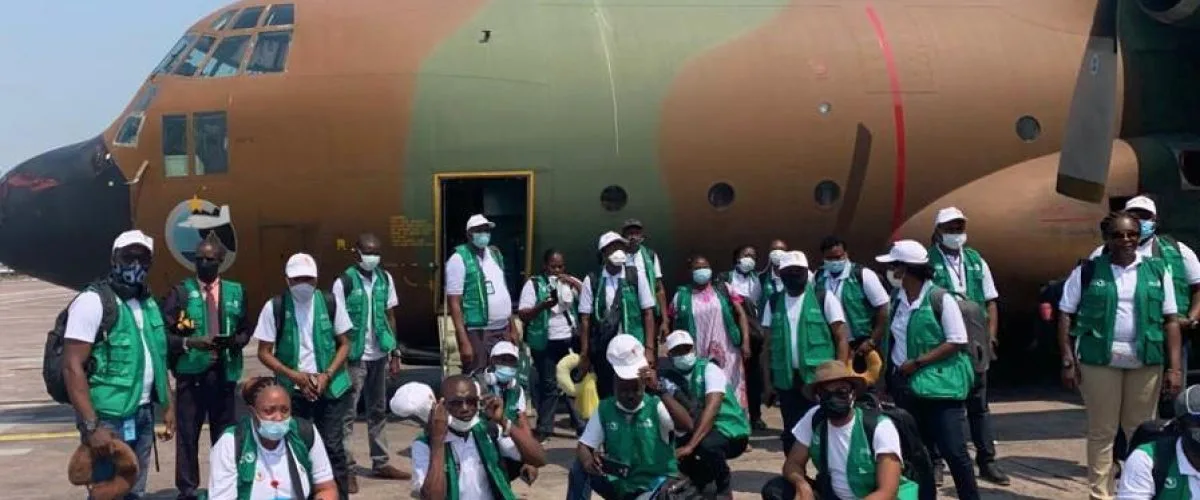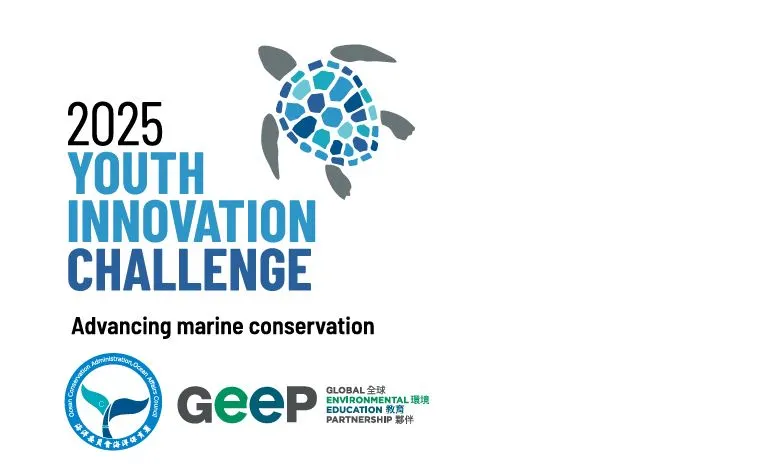Africa continues to face a wide array of public health threats—from infectious disease outbreaks to emerging epidemics and chronic health challenges. In response to this, the African Epidemic Service (AES) Fellowship was launched to build a highly skilled and responsive public health workforce that can lead epidemic preparedness and response across the continent.
The AES Programme is a prestigious, two-year fellowship designed to provide applied, competency-based training in field epidemiology, laboratory leadership, and public health informatics. It is a unique blend of classroom-based instruction and field placements, allowing fellows to learn, apply, and contribute to Africa’s public health systems in real time.
The Fellowship is part of a broader strategy to promote the New Public Health Order for Africa, ensuring the continent has the workforce and institutional capacity needed to detect, prevent, and control disease threats—without depending on external actors. By investing in Africa’s youth and professionals, the programme aims to empower the next generation of African public health leaders who can safeguard the health security of the continent.
Fellows undergo intensive training in Addis Ababa, Ethiopia, before being deployed to various African Union Member States to take part in frontline public health operations. This hands-on experience provides participants with invaluable insights into the continent’s health systems, challenges, and opportunities for innovation.
Whether responding to outbreaks, leading surveillance activities, or advising on national policies, AES fellows are placed at the heart of decision-making and impact.
Name of Organizer

Requirements/Eligibility
The AES Fellowship is targeted at early-career professionals who are passionate about improving public health in Africa and are ready to contribute meaningfully to epidemic response and health security efforts. Applicants must meet the following eligibility criteria:
1. Citizenship
Must be a citizen of an African Union Member State.
2. Academic Qualifications
Possess at least a Bachelor’s degree in a relevant discipline such as:
- Medicine
- Public Health
- Epidemiology
- Biomedical Sciences
- Laboratory Science
- Data Science
- Public Health Informatics
- Health Statistics
- Information Technology (with a health focus)
3. Professional Experience
Previous experience in public health, clinical medicine, outbreak response, epidemiology, laboratory diagnostics, or digital health will be an asset. Early-career professionals with a demonstrated commitment to public service and health equity are highly encouraged to apply.
4. Language Proficiency
Proficiency in English, French, Arabic, or Portuguese, which are official languages of the African Union. Bilingual applicants have an advantage.
5. Commitment and Mobility
- Willingness to relocate for training and field assignments.
- Available to participate fully in two years of program activities.
- Ability to work under pressure, collaborate across cultures, and operate in diverse public health contexts.
6. Other Skills
- Strong analytical and communication skills
- Demonstrated leadership potential
- Passion for Africa’s development and health improvement
Requirements
All applicants must provide the following information:
- A national passport from an African Union Member State.
- An official letter of support with permission from a government institution to attend the two-year training programme with the right to return post training (different from Letter of Recommendation).
- Letters of recommendation from two reputable professional referees.
- An official degree and student copy transcripts of your bachelor’s degree. (The official transcript will be requested from your university upon acceptance to this program.)
- An official degree and student copy transcripts of your master’s degree. (The official transcript will be requested from your university upon acceptance to this program.)
- An updated Resume
- Statement of Purpose (1500 words maximum), outlining your formal education, work experience and why this program would be a good fit, and further outlining how this training will impact your country.
Completed applications with all supporting documents should be uploaded to the online portal. Incomplete applications will not be considered.
Duration
The AES Programme runs for 24 months, organized as follows:
1. Didactic Training (3 months)
Intensive coursework delivered in Addis Ababa, Ethiopia, focusing on field epidemiology, biostatistics, surveillance systems, data analysis, risk communication, outbreak response, and leadership skills. Participants receive technical mentorship and guidance from leading experts.
2. Field Assignments (21 months)
Fellows are assigned to various AU Member States for practical, on-the-ground learning.
- Activities may include:
- Supporting national outbreak response teams
- Conducting disease surveillance and community outreach
- Implementing health data systems
- Advising ministries of health and public health institutions
Stipend and Benefits
Fellows receive a monthly stipend to cover living expenses, travel, accommodation, and other necessary costs during the fellowship.
Access to technical resources, mentorship, networking opportunities, and career development support is also provided.
This hands-on exposure ensures that fellows graduate from the programme not only with theoretical knowledge but also practical expertise that can be applied in real-world settings.
Application Deadline
The deadline to apply for the 2025 cohort of the African Epidemic Service Programme is October 26, 2025.
Applications submitted after this date will not be accepted. Early submission is encouraged due to the high level of competition and limited number of fellowship spots available











No responses yet